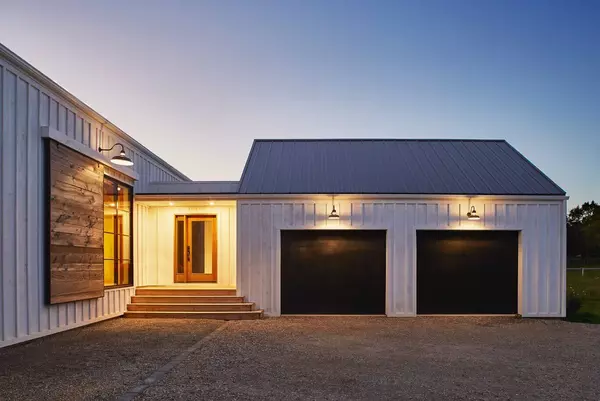
What Should You Consider When Choosing Between Buying a Condo or a House?
What Should You Consider When Choosing Between Buying a Condo or a House? Buying a home is a milestone, whether you're upsizing, downsizing, or purchasing your first home. However, the decision between a condo or a house in Winnipeg can be a bit tricky. Both options have their own set of opportuniti

Love Character Homes? Here’s What to Watch For Before You Write an Offer in Winnipeg
Love Character Homes? Here’s What to Watch For Before You Write an Offer in Winnipeg Character homes have a lot of charm. The cozy rooms, vintage fixtures, and unique designs can be a dream come true for those looking to upsize, downsize, or even buy their first home. However, with charm and charact

What to Check at Every Showing: A Guide for Winnipeg Home Seekers
What to Check at Every Showing: A Guide for Winnipeg Home Seekers Essential Checks During Showings Buying a home is a big decision. Being thorough during showings helps you make an informed choice. Here are some useful tips on what to look out for: 1. Look for Watermarks Spotting watermarks on cei
Categories
Recent Posts










